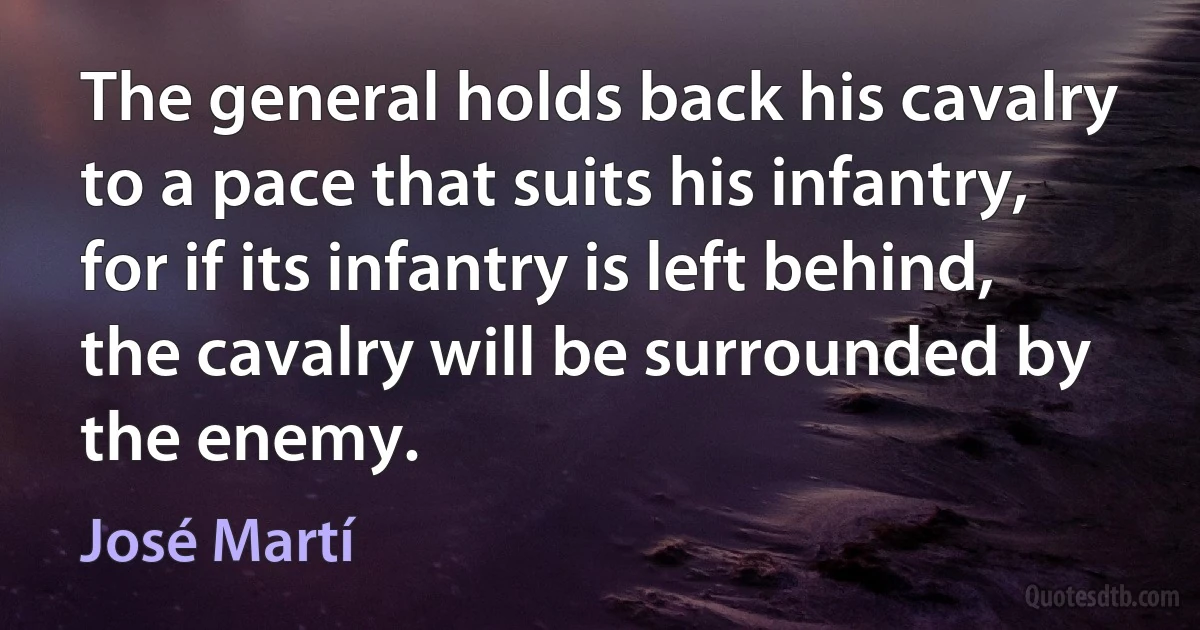Pace Quotes - page 4
"For Russia, therefore, this building of heavy industries at a tremendous pace meant a very great sacrifice. All this construction, all this machinery that came from outside, had to be paid for, and paid for in gold and cash. How was this to be done? The people of the Soviet Union tightened their belts and starved and deprived themselves of even necessary articles so that payment could be made abroad. They sent their food-stuffs abroad, and with the price obtained for them paid for the machinery. They sent everything they could find a market for: wheat, rye, barley, corn, vegetables, fruits, eggs, butter, meat, fowls, honey, fish, caviare, sugar, oils, confectionery, etc. Sending these food articles outside meant that they themselves did without them. The Russian people had no butter, or very little of it, because it went abroad to pay for machinery. And so with many other goods...

Jawaharlal Nehru
I am convinced our own happiness requires that we should continue to mix with the world, and to keep pace with it as it goes; and that every person who retires from free communication with it is severely punished afterwards by the state of mind into which he gets, and which can only be prevented by feeding our sociable principles. I can speak from experience on this subject. From 1793 to 1797 I remained closely at home, saw none but those who came there, and at length became very sensible of the ill effect it had on my own mind, and of its direct and irresistible tendency to render me unfit for society and uneasy when necessarily engaged in it. I felt enough of the effect of withdrawing from the world then to see that it led to an anti-social and misanthropic state of mind, which severely punishes him who gives in to it; and it will be a lesson I never shall forget as to myself.

Thomas Jefferson
Britain is not earning her living. We are not keeping pace with the economic performance of our European and North American neighbours, and we are certainly not achieving the potential that is in us. ... At the end of a war of prolonged sacrifice we were left with much obsolete industrial plant, and a short-fall in the capital necessary to scrap and renew it. For a century we had lived on cheap food and raw materials imported from overseas. They are not and will not in future be available to us. ... We cannot continue to live beyond or ability or our willingness to earn. That is the one basic fact with which Britain has yet to come to terms.

Alec Douglas-Home
Enlarge this meditation upon this great world, man, so far, as to consider the immensity of the creatures this world produces; our creatures are our thoughts, creatures that are born giants; that reach from east to west, from earth to heaven, that do not only bestride all the sea and land, but span the sun and firmament at once; my thoughts reach all, comprehend all. Inexplicable mystery; I their creator am in a close prison, in a sick bed, anywhere, and any one of my creatures, my thoughts, is with the sun, and beyond the sun, overtakes the sun, and overgoes the sun in one pace, one step, everywhere.

John Donne
To be or not to be" Aryan? That is the question! And nothing more! All the doctrines concerning the absence of Race, concerning the vast racial confusion, all the spreading of racial jumbling at full pace, the esperanto-ism of the anus "Romain Rolland style," resulting in the greatest fornicating Babel are no more than destructive foul tricks, all emerging from the same Talmudic shop: "To the destruction of the Whites.

Louis-Ferdinand Céline
The pace of life has increased in the last few decades just as the speed of the motor bicycle has been exceeded many times over by the aeroplane. After art passed through a whole series of intermediate stages it reached cubism where for the first time the creative urge to construct instinctively overcame conscious resolve.. ..from this point the picture started to gain stature as a new world of reality and in this way the foundation stone for a new representation of the shapes and forms of the material world was laid.

El Lissitsky
There are today an increasing number of people whose awareness is, in the strict sense of the phrase, without a focus; and the techniques which have transformed the framework of daily life for such people at such a prodigious pace – I am thinking particularly of the cinema and the radio – are making a most powerful contribution towards this defocalizing process. ... The human creature under normal conditions finds his bearings in relation to other people, and also to physical objects, that are not only close to him in space but also linked to him by a feeling of intimacy. Of this feeling of intimacy, I would say that in itself it tends to create a focus for human awareness. One might go farther and speak of a kind of constellation, at once material and spiritual, which under normal conditions assembles itself around each human being. ... This kind of constellation around the individual life is, in a great many countries, in process of dissolution.

Gabriel Marcel
What many of us fail to realize is that the last four hundred years are a highly special period in the history of the world. The pace at which changes during these years have taken place is unexampled in earlier history, as is the very nature of these changes. This is partly the results of increased communication, but also of an increased mastery over nature, which on a limited planet like the earth, may prove in the long run to be an increased slavery to nature. For the more we get out of the world the less we leave, and in the long run we shall have to pay our debts at a time that may be very inconvenient for our own survival.

Norbert Wiener
Behold great Whitman, whose licentious line
Delights the rake, and warms the souls of swine;
Whose fever'd fancy shuns the measur'd pace,
And copies Ovid's filth without his grace.
In his rough brain a genius might have grown,
Had he not sought to play the brute alone;
But void of shame, he let his wit run wild,
And liv'd and wrote as Adam's bestial child.
Averse to culture, strange to humankind,
He never knew the pleasures of the mind.
Scorning the pure, the delicate, the clean,
His joys were sordid, and his morals mean.
Thro' his gross thoughts a native vigour ran,
From which he deem'd himself the perfect man:
But want of decency his rank decreas'd,
And sunk him to the level of the beast.
Would that his Muse had dy'd before her birth,
Nor spread such foul corruption o'er the earth.

H. P. Lovecraft



